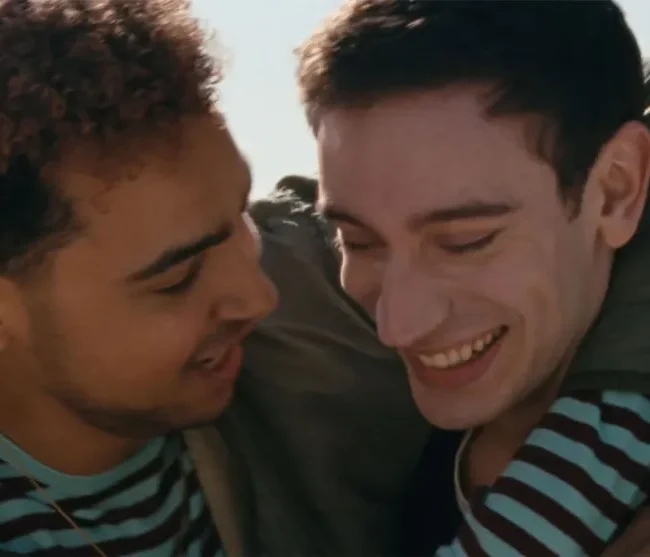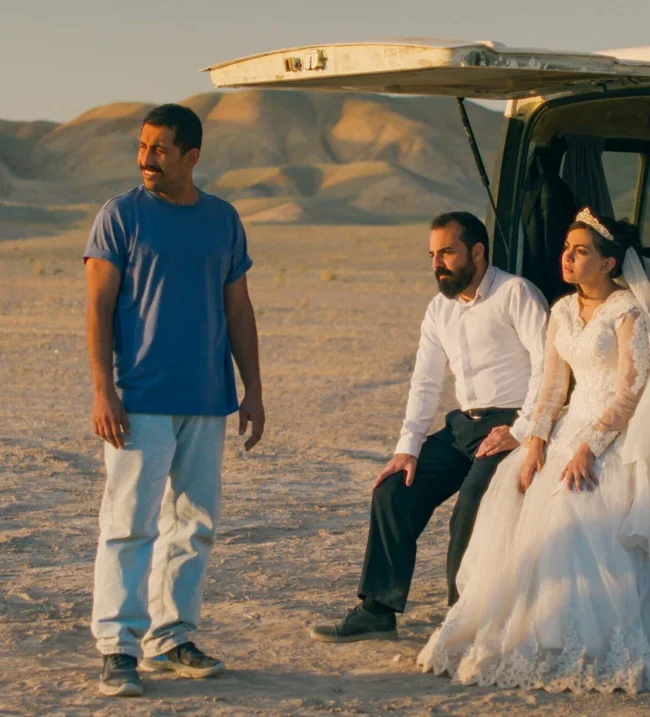7 Films to Check Out at MoMI’s First Look 2024
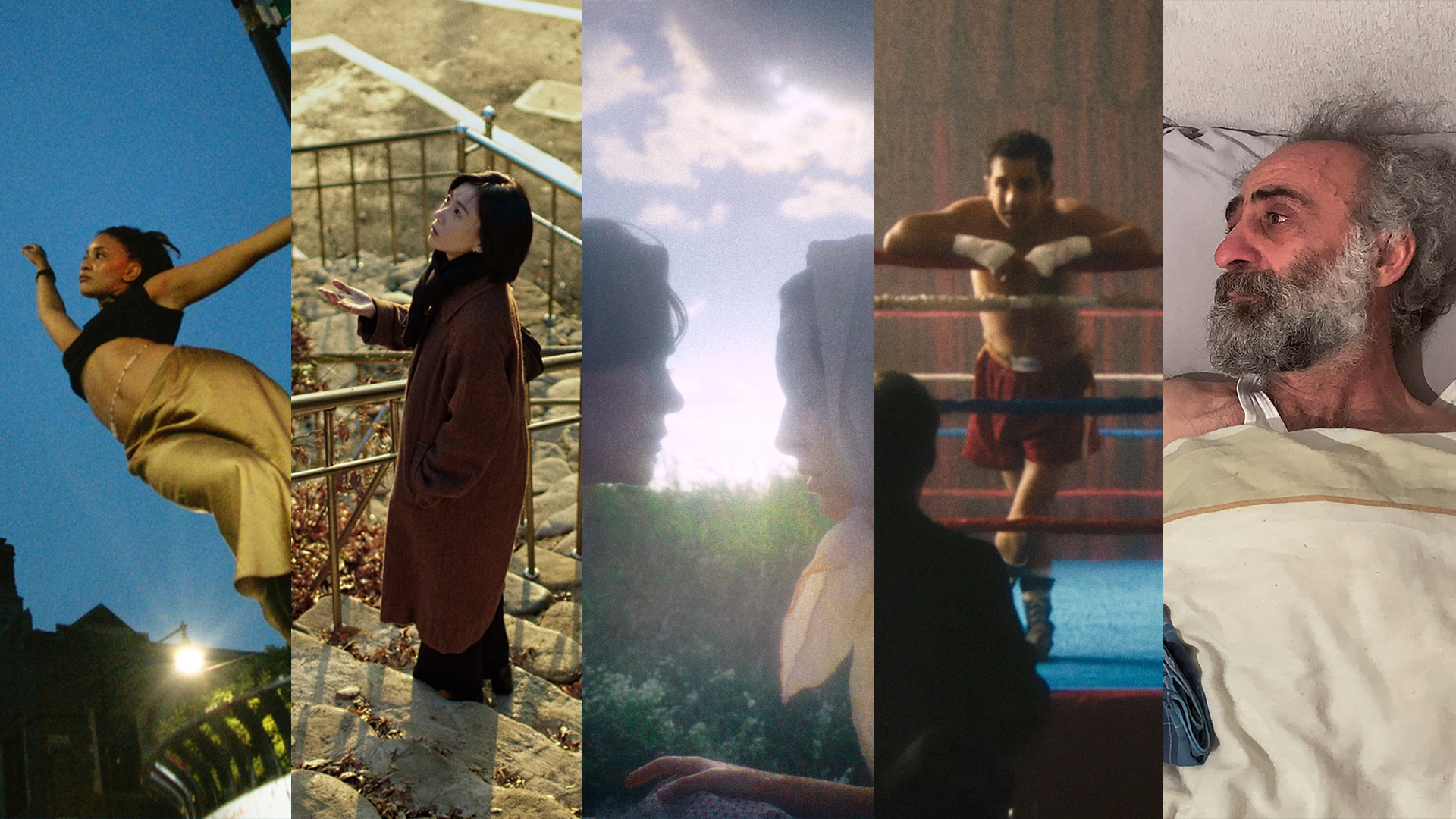
(Returning for its 13th edition, the Museum of the Moving Image’s First Look Festival marks the emergence of strong breakout international cinema. From March 13-17, it will screen over three dozen eclectic films, both features and shorts, making their New York premieres. As many of these films have yet to be picked up for distribution, this may be a rare window of opportunity for New Yorkers to experience them on the big screen. Take a look at our top picks below!
1489 (dir. Shoghakat Vardanyan)
There is love and heartbreak in Shoghakat Vardanyan’s documentary 1489. It shines a light on the Nagorno-Karabakh War between Armenia and Azerbaijan, which ended in 2023 but resulted in thousands of casualties and over 100,000 Armenians being displaced from the Nagorno-Karabakh region. The director’s younger musician brother, Soghomon, was thrust into battle but very shortly after went missing in action. Vardanyan turns the camera on her family as they try to locate her brother while they grapple with despair and bureaucratic/political structures while seeking solace in either logic or faith. Recently there seems to be a gradual emergence of Armenian cinema, such as the animated Aurora’s Sunrise and the Oscar-shortlisted Amerikatsi. Shoghakat Vardanyan contributes to this emergence with her profound and revelatory debut. 1489 commemorates the young lives lost in Armenia, culminating in a loving tribute to family.
AN EVENING SONG (FOR THREE VOICES) (dir. Graham Swon)
Very rarely do you come across a hypnotic, dreamlike cinematic experience like writer-director Graham Swon’s An Evening Song (For Three Voices). Set in the 1930s Midwest, it centers on a love triangle between an agoraphobic, former child-prodigy writer (Hannah Gross), her smug pulp-fiction writer husband (Peter Vack), and their pious, disfigured housekeeper (Deragh Campbell). Unfolding through a unique aesthetic that emerges from a continuous stream of impressionistic, dreamlike images, thanks to Swon’s graceful editing and Barton Cortright’s trance-like cinematography. The perspective-based narration from each of these characters also interweaves into one another like a swan song. This trio of actors play their respective parts very well, but Deragh Campbell will take your breath away with a performance that is eloquently bewitching. It is an ambitiously innovative meditation on memory and desire.
THE FEATHERWEIGHT (dir. Robert Kolodny)
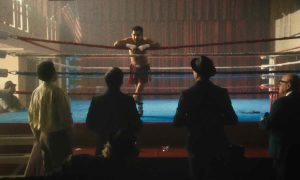
A still from THE FEATHERWEIGHT
Sports biopics have been considered an overrated genre, unless a singular vision can elevate it to new levels of storytelling. In The Featherweight, director Robert Kolodny – who was a cinematographer for Robert Greene’s Procession – takes the comeback story and puts a documentary spin on it, not only making it more immersive but also more true-to-life. It captures the comeback of unsung boxing champ Willie Pep (James Madio) while dealing with mounting chaos involving family and business. The film was shot as if a documentary crew was following Pep’s every step, having us witness his human flaws and the people around him, such as his younger wife (sensational breakout Ruby Wolf), his drug-addled son (Keir Gilchrist), his manager (Ron Livingston), and his no-bullshit trainer (Stephen Lang). James Madio lights the screen on fire with a portrayal full of realism and old-school charm. Robert Greene’s editing and Adam Kolodny’s cinematography both add expressive layers. The Featherweight’s evocation of the era and its filmmaking make for one truly absorbing watch.
GASOLINE RAINBOW (dir. Bill Ross IV & Turner Ross)
Paying tribute to the youth of modern-day rural America, brothers Bill Ross IV and Turner Ross hit the road in their docudrama Gasoline Rainbow. It follows a group of recent high school graduates who take off in an old van toward Portland while trying to figure out what directions they will take in life. By giving their ensemble of non-actor teens the freedom to be themselves around one another through improvisation, the Ross Bros are able to give their film a genuine aesthetic even if some of the situations are manufactured. Its in-the-moment exploration of life on the margins echoes Sean Baker and early Gus Van Sant (another Portland connection). It is impressive the way it toes the line between scripted narrative and unscripted documentary and by the film’s end, you’ll feel like you’ve looked back on a warm memory.
MIMANG (dir. Kim Taeyang)
“As we go around and return to the same spot, things do change.” These words spoken by the male protagonist early in Kim Taeyang’s Mimang speak volumes in terms of watching all that’s familiar change. A gentle feature debut with realistic character development, writer-director Kim Taeyang explores, in three parts, the changes in time, place, and his characters: a man and a woman who meet by chance. With shades of the Before Trilogy, Past Lives, and the works of Hong Sangsoo, it is less of a traditional narrative that would pander to an everyday audience, but rather allows us to steep in the now-ness of each moment that fills one with deep emotion. Taeyang’s patient ability to capture the stillness and change of everyday life makes him a truly promising new voice in Korean cinema.
SUJO (dir. Fernanda Valdez & Astrid Rondero)
Winner of the World Cinema Dramatic Grand Jury Prize at Sundance, directing duo Fernanda Valdez and Astrid Rondero’s latest ambitious, searing drama Sujo (check out my full review here) is a unique look at breaking free from a legacy of violence. Its titular protagonist (Juan Jesús Varela), the son of a cartel hitman, seeks a more hopeful future away from his more brutal upbringing. A captivating portrait of poetic vigor, the duo of Valdez and Rondero have created a David Copperfield-like tale that points out the cruel reality of young men in Mexico being forced into the drug war. However, it will not leave you hopeless. It shows that there are young people in this world who, despite their marginalized upbringing, are just as deserving of a life of promise as any other person born into better circumstances. It is also enlivened by striking imagery, thanks to eloquent lensing by cinematographer Ximena Amann. With Sujo, Fernanda Valdez and Astrid Rondero have made a visionary sophomore feature that may launch them as new masters of Mexican cinema.
TENDABERRY (dir. Haley Elizabeth Anderson)
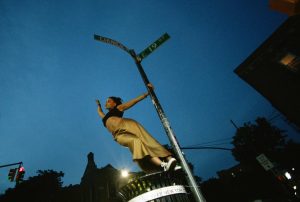
A still from TENDABERRY
Writer-director Haley Elizabeth Anderson’s Sundance darling Tendaberry (my full review here) is a moving coming-of-age drama that balances neorealism and multimedia in this portrait of a young Dominican New Yorker (phenomenal newcomer Kota Johan) going through a year of setbacks and self-discoveries. Struggling with romance, work, friendships, family, and unexpected life changes that throw her for a loop, our hero Dakota tries to hope for the future in a city she – and just about anybody – loves and hates. Tendaberry excels not only in portraying the uncertainty that comes with a changing life but also in capturing a generation of Brooklynites in a way that feels refreshing and true to the city. Its hybrid and emotional storytelling makes for one fearlessly sharp feature debut.
– M.J. O’Toole (@mj_otoole93)








